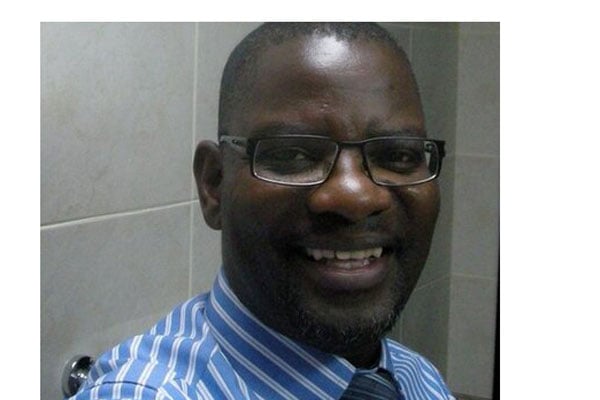Will teaching science in local languages deliver more scientists?

Author: Musaazi Namiti. PHOTO/FILE
What you need to know:
- By contrast, Africa, where science is rudimentary, had vaccinated just under two per cent of its people, mainly because African countries lack the capacity to manufacture vaccines. If African countries were the leaders in science, the situation would be totally different.
A couple of weeks ago, the minister of Education, who is also Mrs Museveni, said something that sparked an animated debate on social media.
For Uganda to have more scientists, she said, Science should be taught, at primary level, in our indigenous languages.
“When you bring it [science] in [the] mother tongue, it becomes real and meaningful, and then perhaps we can have more scientists in our society,” she added.
The need for more scientists not only in Uganda but also in the entire world cannot be overestimated. We rely on science for many things, perhaps the most important of which is our health. We owe a lot to science for the fact that it enables us to know many things about our health.
Few things drive this point home better than the Covid-19 pandemic. Everything we know about this disease is the work of science. Mid this year, 13 developed countries had vaccinated nearly 70 per cent of their populations against Covid-19, using vaccines their scientists have made.
By contrast, Africa, where science is rudimentary, had vaccinated just under two per cent of its people, mainly because African countries lack the capacity to manufacture vaccines. If African countries were the leaders in science, the situation would be totally different.
Ms Museveni’s proposal makes some sense, but our educationalists should take a scientific approach to it before they bring it to life.
Let them carry out research first and conclude that there is empirical evidence that students taught science in their mother tongue do it better than those that do not.
You may ask why evidence is needed at all. Here is the answer. Sometimes we believe that certain things are true, because many people believe them, yet they are demonstrably (and patently) false.
Millions of people, for example, believe that religion makes people moral, but evidence in the Journal of Religion and Society points to the contrary. In fact, in many countries where people are religious — Uganda is one of them — people can be very immoral.
Another example is the belief that jailing people who smuggle drugs stops potential drug dealers from engaging in this trade.
There are anti-drug trafficking laws in nearly all countries, and many people are languishing in prison for smuggling drugs. But if you went to London, Paris, New York, Geneva and Dubai every day, every week, every month and every year looking for cocaine or marijuana, you would readily get it.
My sense is that we may have to do much more than teaching science in local languages in order to get more scientists.
Our scientists (the few that we have) also need to stop placing God before science. It adds nothing to science.
In two countries that boast of impressive scientific advances — the US and Britain — scientists affiliated to the National Academy of Sciences and the Royal Society respectively are non-believers. These are elite, independent scientific academies. Without them, you do not have scientists in these countries. Scientists who place God before science probably have a superficial understanding of the world they live in.
Consider this: there is any number of cancers, most of which begin life in our bodies without human aid. If we are to believe that God makes everything, it follows that God makes our bodies with cancers specifically to kill us.
Why, then, would God help a scientist who is working flat out in a lab to find a cure for cancer? What do the Bible and the Quran know about how cancer spreads in our bodies?
Mr Namiti is a journalist and former
Al Jazeera digital editor in charge of the Africa desk
[email protected] @kazbuk




